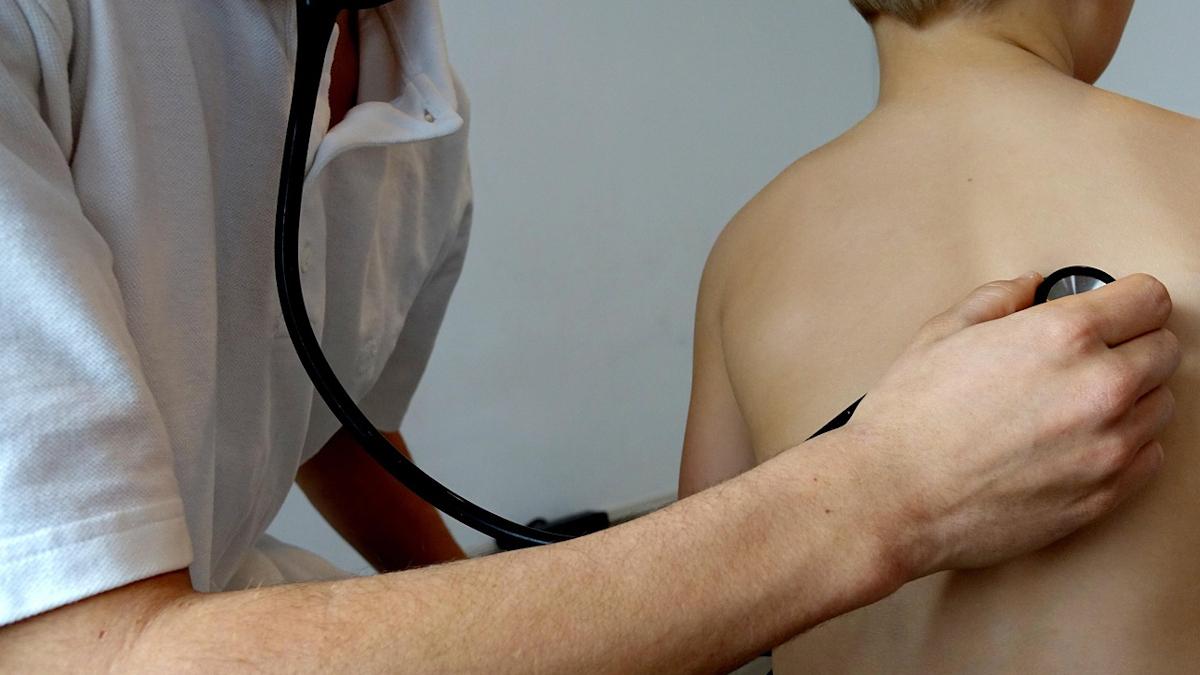BridgeBio’s $250m raise heads latest biotech financings

BridgeBio Pharma has raised $250 million from the sale of nine million shares that is earmarked for the commercial launch of its acoramidis drug for transthyretin amyloidosis (ATTR) cardiomyopathy.
The public equity (PIPE) financing – led by the Qatar Investment Authority (QIA) and backed by US investment management firms – should provide enough financial resources for BridgeBio through to profitability, assuming it gets FDA approval for acoramidis.
BridgeBio has been on a high since a phase 3 readout in July showed that acoramidis outperformed placebo in the prevention of a composite endpoint of all-cause mortality, cardiovascular-related hospitalisation, and change from baseline in the 6-minute walk test and a biomarker called NT-proBNP. It is planning to file for approval in the US before the end of the year.
The cash injection will also fund BridgeBio as it progresses towards phase 3 readouts for acoramidis in achondroplasia, limb-girdle muscular dystrophy type 2I (LGMD2I), and autosomal dominant hypocalcaemia type 1 (ADH1).
In other biotech financings this week, Avalyn Pharma has just closed a Series C that raised $175 million and will be deployed to support phase 2b trials of its inhaled therapies for interstitial lung diseases, AP01 (pirfenidone), and AP02 (nintedanib). Both drugs are already approved in oral formulations to treat idiopathic pulmonary fibrosis (IPF), but are used in fewer than 30% of patients in the US due to their “significant tolerability challenges,” said Avalyn.
The inhaled versions are intended to deliver the active ingredients where they are needed and so avoid systemic side effects, according to the biotech. The financing was led by Perceptive Xontogeny Venture Funds, SR One, and Eventide Asset Management.
Medical devices start-up MitrAssist has raised almost $100 million in third-round financing that will be used to develop and commercialise its product to treat mitral regurgitation, a life-threatening heart valve condition in which the flaps of the mitral valve do not close properly, causing blood to flow back into the heart.
MitraAssist’s device is a minimally-invasive valve that sits on top of the mitral valve, working in tandem with it to prevent the backflow of blood. The company says it could reduce the need for mitral valve replacement surgery for high-risk patients, according to a DealStreet Asia report. The Series C was led by private equity firms Centuriom and 6 Dimensions.
LB Pharmaceuticals said it is on course to generate around $75 million from a financing round, detailed in an SEC filing, that will help it complete the development of lead drug LB-102, a novel benzamide drug for schizophrenia that is due to start a phase 2 study in the first quarter of next year.
LB-102 is a methylated version of amisulpride, a widely-used therapy for schizophrenia that is designed to be effective at lower doses with improved safety and durability. The company says that, even if its efficacy simply matches amisulpride, its profile could help it to annual sales of $1 billion.
A new biotech, Magnet Biomedicine, has launched with $50 million in Series A cash and a focus on the discovery of molecular glues that promote interactions between proteins, fast becoming a hot topic in drug discovery.
The company says its TrueGlues platform goes beyond protein degradation - the focus of a lot of the molecular glue R&D to date - and can cover a broad range of protein-protein interactions. The round was co-led by founding and initial investor, Newpath Partners, and ARCH Venture Partners.
Denmark's Acesion Pharma, which is focusing on the development of therapies for atrial fibrillation (AF), has closed an oversubscribed €45 million ($47 million) second-round co-led by Canaan and Alpha Wave with participation from the Global BioAccess Fund, as well as existing investor Novo Holdings.
The financing will be used for the clinical development of AP31969, billed as a first-in-class SK ion channel inhibitor intended as a chronic oral treatment to prevent AF recurrence. Earlier this year, the company said it had generated preliminary clinical evidence that the drug was able to convert AF to a normal sinus rhythm.
Finally, UK biotech Sitryx has raised another £32 million ($39 million) from investors including Oxford Science Enterprises (OSE), SV Health Investors, Eli Lilly, Sofinnova Partners, Longwood Fund, and GSK, taking the total raised by the company to date above the $75 million mark.
The company said it will use the proceeds to progress its immunometabolism-targeting therapies into clinical development, including early-stage candidates for atopic dermatitis, pulmonary fibrosis, inflammatory bowel disease, multiple sclerosis, and lupus.
Photo by micheile henderson on Unsplash.













